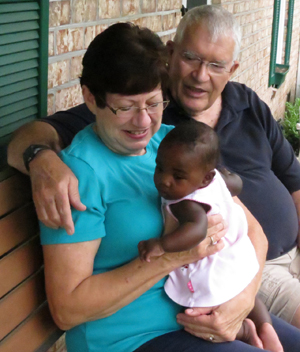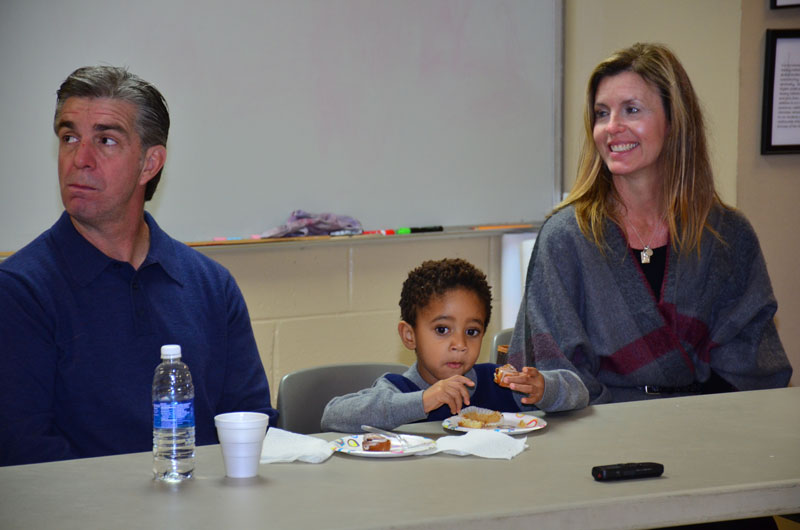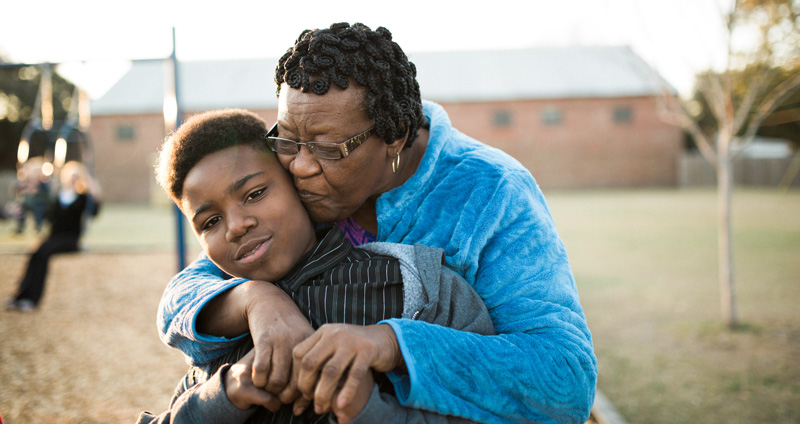
SOUTH CAROLINA—Proponents of religious liberty received encouraging news recently from a proposed rule that could expand the number of faith-based adoption and foster care agencies that receive federal funding.
On Nov. 1, the U.S. Department of Health and Human Services announced that faith-based agencies such as Catholic Relief Services, Catholic Charities and other religious-based agencies can receive federal assistance while still holding to their religious views on same-sex marriage.
It is a turn-around from a directive issued in 2016 by then-President Barack Obama, which directed HHS to withhold federal funding to agencies that declined to assign children for adoption or foster care to same-sex couples. Supporters of the directive argued that the religious-based agencies discriminated against specific groups.
In the fall of 2017, HHS began exploring ways to ensure that faith-based and religious groups would not be blocked from receiving federal grant monies, a process that culminated this month with the proposed regulation.
“From our perspective as Church, we want as many agencies as possible serving these children,” said Michael Acquilano, director of the South Carolina Catholic Conference, which serves as a non-partisan liaison to state and federal government officials on matters affecting the Catholic Church.
South Carolina became involved in the issue earlier this year when adoption and foster care agencies were granted an exemption from HHS’s non-discrimination clause after Gov. Henry McMaster’s office argued on behalf of Miracle Hill Ministries in Greenville. They said the clause, in part, violated the 1993 federal Religious Freedom Restoration Act. That law prohibits any agency, department, or official of the United States or any state from “substantially burdening a person’s exercise of religion.”
“We do not need to restrict Christian agencies because they hold true to the Biblical view of marriage or because they only want Evangelical Christians to serve as host families,” Acquilano said, referring to a former policy from Miracle Hill Ministries that restricted who could foster or adopt from them. Since then, Miracle Hill has changed its policy to include all Christians.
Acquilano said agencies shouldn’t be restricted based on religious requirements because children in the system “need more providers, not less.”
Miracle Hill Ministries, South Carolina’s largest provider for foster care families, recently ended its policy of not accepting Catholic parents as foster families. The move came after the Diocese of Charleston supported Miracle Hill in the wake of public scrutiny and criticism for placing foster children only in Protestant homes.
“This organization should not be forced to discontinue these life-affirming services because they desire to serve children consistent with their Protestant faith,” the diocese stated.
In a July statement, Miracle Hill said their calling is not to emphasize differences between various branches of Christianity, but to serve as “brothers and sisters in Christ working together to minister to the needy in Christ’s name.”
Reid Lehman, president and CEO of Miracle Hill Ministries, praised the recent HHS action.
“For the sake of our nation’s most vulnerable children, we are grateful this ruling has been issued to allow faith-based organizations the freedom to serve,” Lehman said. “People of faith should not have to give up their beliefs and practices in order to provide vital services to their communities.”
Prior to the new ruling, Catholic Charities agencies across the country that provided adoption and foster care services were forced to close over the legal recognition of same-sex marriages. For example, officials at Catholic Charities of Buffalo, N.Y., announced in 2018 it was ending 95 years of adoption and foster care services, citing a state law that no longer allowed the agency to only place children in homes with a mother and a father.
Since then, several states have passed laws to protect religious providers from being forced to place children with same-sex couples. On the federal side, lawmakers have introduced the Child Welfare Provider Inclusion Act, which protects faith-based adoption and foster care providers nationwide and has received support from the U.S. Conference of Catholic Bishops. The bill, which was reintroduced this year, is sponsored in the U.S. House by Rep. Mike Kelly, R-Pa., and in the Senate by Mike Enzi, R-Wyo. Among its co-sponsors is South Carolina Third District Congressman Jeff Duncan, R-Laurens.



